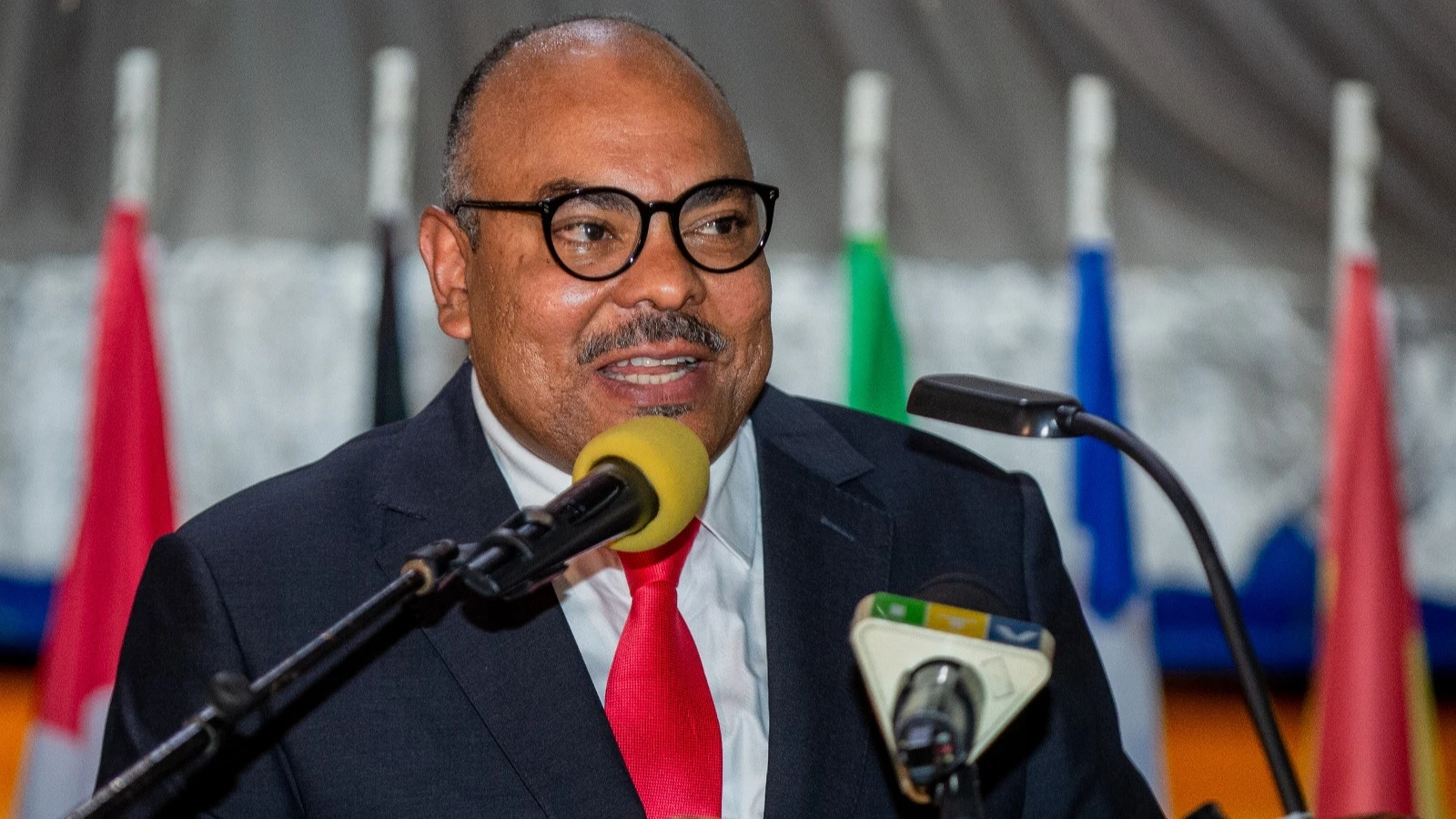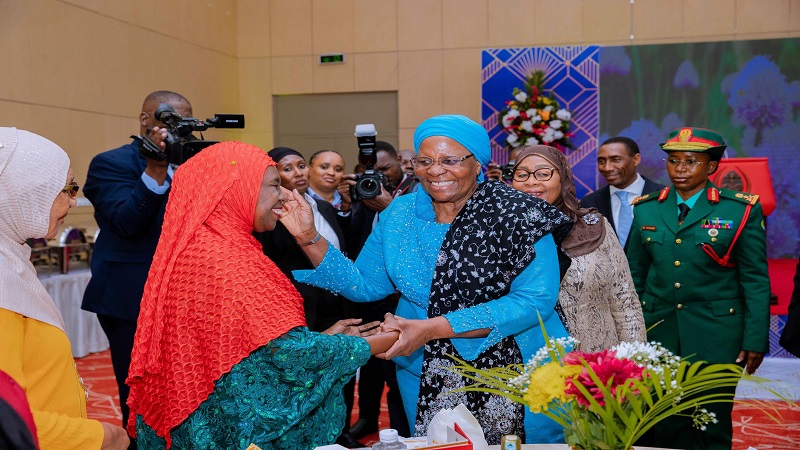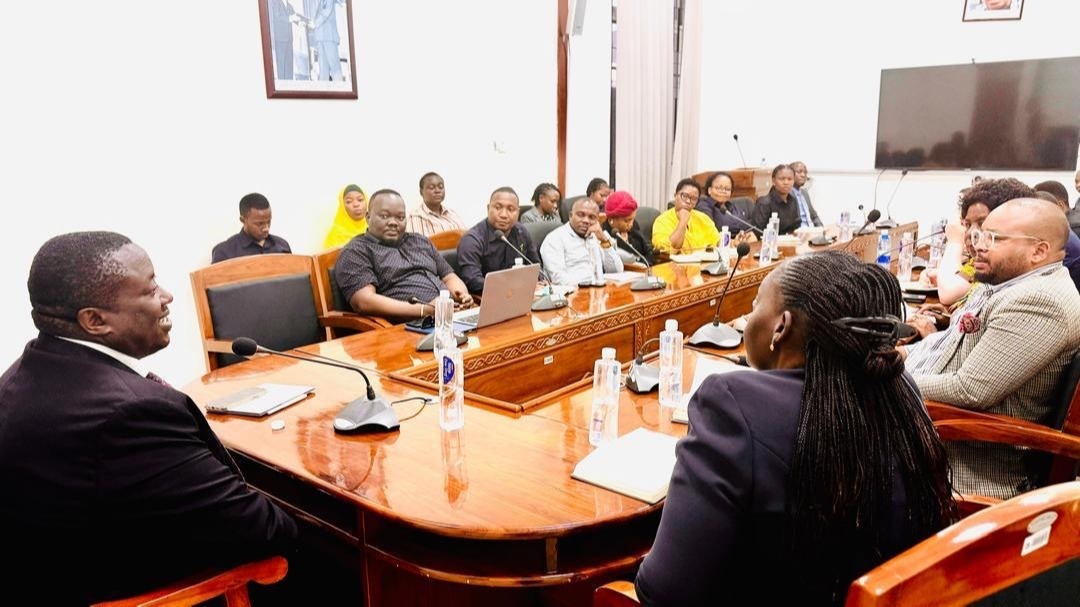Boom in honey-processing industries transforming beekeepers’ livelihoods

When Anastasia Michael, a 34-year-old mother of three from Mkola village in Sikonge, Tabora, inherited a 12-acre plot from her father-in-law in 2018, she had no idea it would one day anchor her family’s economic transformation.
Alongside her husband, she ventured into commercial beekeeping, setting up 293 modern beehives on their land. Six years later, thanks to government-backed reforms and the emergence of honey-processing industries in the region, Anastasia is among a growing number of Tanzanian women turning honey into gold.
“Before 2022, the honey market was very limited,” Anastasia recalls. “Now, thanks to government awareness campaigns and investment in bee product production, everything has changed. The district councils also support us through ten percent loans, giving us both capital and access to markets.”
In 2021, Anastasia and 85 other villagers benefited from training coordinated by the Tabora Beekeeping Training Institute (BTI), which she says changed their approach to beekeeping. The results were almost immediate.
“In the 2023/24 season, I harvested 76 twenty-litre buckets of honey, up from 32 the previous year,” she says. “I sell one litre at 10,000/- retail and 9,000/- wholesale.”
That season brought her earnings to 14.34m/-, the highest she’s ever recorded. Prior to the BTI training and use of its honey processing facility, the couple earned a maximum of 3.5m/- per season.
“Our income has grown so much that we’ve started building a modern house,” Anastasia adds proudly. She sells 70 percent of her honey to the Sikonge Honey Processing Industry and the remainder through her shop and online platforms.
Not far from her farm, fellow Mkola resident Karim Sengo, 36, also shares in the success story. With 176 hives spread across 6.5 acres, he harvested 37 buckets last season, earning an average of 6.7m/-.
“The training from BTI helped us adopt modern methods of beekeeping that meet both local and international standards,” he says. “Since the government invested in honey processing plants, the business has become far more profitable.”
The momentum isn’t just local. BTI Vice-Chancellor Mohamed Wawa notes that over two million Tanzanians are now employed across the beekeeping value chain. However, he warns that a lack of technical knowledge continues to threaten the sector’s full potential.
“To address this, we’ve signed MoUs with beekeepers in Tabora’s districts to provide production knowledge and technical support,” he says. “We also let them use our processing unit to produce honey that meets export standards. This has doubled their output.”
Government efforts are visibly ramping up. Deputy Minister for Industry and Trade, Exaud Kigahe, points out that Tabora now hosts three small honey-processing facilities and one large-scale industry in Sikonge alone.
“While Sikonge has the potential to produce 6,000 tonnes of honey annually, current output is just under 2,000 tonnes,” he explains. The large-scale industry, launched in December 2023, was built at a cost of 757m/-, with 96 percent funded by the Tanzania Forest Services Agency (TFS) and the rest by the Sikonge District Council.
To streamline bee product trade, Ngonde Traders Company Ltd has been tasked with managing transactions through the Tanzania Mercantile Exchange (TMX) and the warehouse receipts system.
“Our goal is a people-centered, inclusive industrial economy,” says Kigahe. “We’re urging the private sector to invest more in this space, especially to reduce the current post-harvest loss of over 40 percent due to processing shortages.”
The economic ripple is reaching distant parts of the country. In Mubondo, Kasulu district in Kigoma, 42-year-old beekeeper Jonathan Kiza tends 472 hives on a sunflower-planted 13-acre farm. In the last season, he harvested 85 buckets, each fetching about 103,000/-, bringing in a substantial income.
“We were a forgotten sector, but President Dr. Samia Suluhu Hassan remembered us,” he says gratefully.
His optimism is echoed by Elias Lubimbi, a trainer at Mubondo Agriculture Training Institute. “Today, the market is no longer a challenge—demand is strong. We’ve launched campaigns to encourage beekeepers to scale up.”
Further north, the Frankfurt Zoological Society’s Tanzania chapter is blending conservation and commerce. Project Coordinator Veronica Mtoka explains that for over eight years, they’ve trained communities near Serengeti National Park in sustainable beekeeping practices.
“Beekeeping doesn’t harm the environment and fits perfectly with climate resilience,” she says. “Mobilizing communities around it builds sustainable livelihoods.”
Prime Minister Kassim Majaliwa, speaking during World Bee Day in Dodoma on May 20, confirmed the government’s long-term commitment: eight medium and large-scale honey processing industries have been constructed between 2021 and 2025, in Tabora, Kigoma, Singida, Iringa, Katavi and Geita. Prior to 2021, Tanzania had only one such facility.
Majaliwa said Tanzania ranks second in honey production in Africa after Ethiopia, and 14th globally.
Natural Resources and Tourism Minister, Dr Pindi Chana, disclosed that by April 2025, Tanzania had exported 1,321.35 tonnes of honey worth 15.86bn/-, up from 430.61 tonnes worth 5.17bn/- in 2020/21—a growth of 207 percent.
She outlined an ambitious plan: raise honey output from the current 34,861 tonnes to 75,000 tonnes by 2035 and create over 43,000 new jobs nationwide.
In the 2024/25 financial year, TFS alone harvested 22.5 tonnes of honey and 0.9 tonnes of beeswax, valued at 282m/-, from its 222 apiaries and three special farms. It distributed 1,059 beehives and tested 132 honey samples in international labs to prepare for expanded export markets.
Currently, 11,236 hectares of Tanzanian land is set aside for beekeeping—a start toward the national goal of 114,000 hectares by 2031.
Globally, the value of bees cannot be overstated. The FAO estimates their absence could cost the world up to US$577 billion in lost crop production annually. Nearly 90 percent of flowering plants and 75 percent of major food crops rely on pollinators like bees.
According to FAO's 2025 World Bee Day statement, global honey production stood at 1.894 million tonnes last year, with Africa now contributing 12 percent—or 223,000 tonnes—making it the fastest-growing region in the industry.
Back home, Industry and Trade Minister Dr Selemani Jafo says industrialization efforts since 2021 have created 103,195 jobs. These were made possible by the establishment of 554 new industries, the revival of 148, and the expansion of 208—totaling 910 industries.
“To reduce youth unemployment, we are working with development partners to offer vocational training and bridge skill gaps in the industrial sector,” Jafo concludes.
Top Headlines
© 2025 IPPMEDIA.COM. ALL RIGHTS RESERVED

























